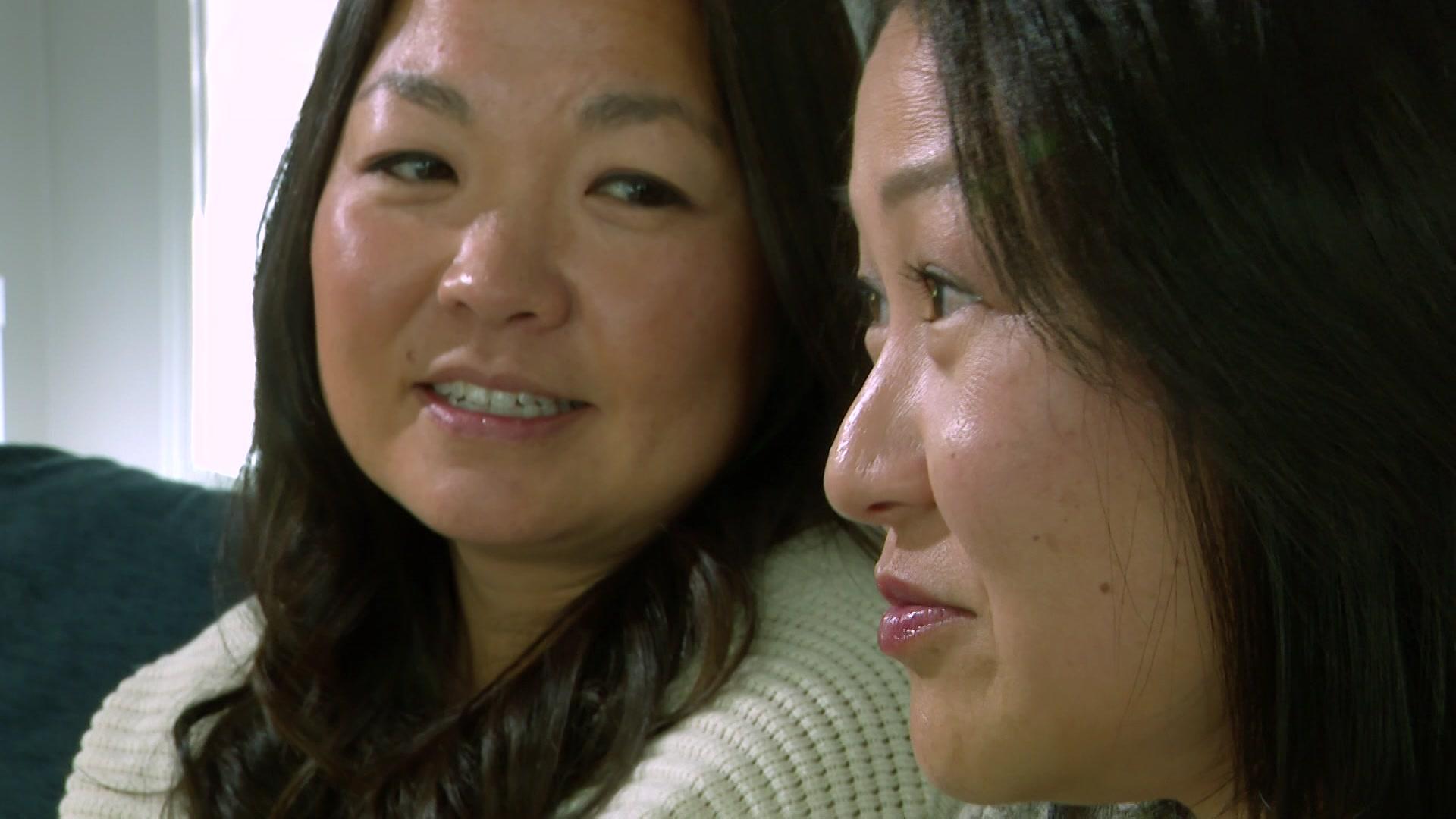PLYMOUTH, Minn. — New data shows the breast cancer rate is growing each year in women under 50, with the highest increase in Asian American and Pacific Islander women.
Plymouth residents Sara Pelissero and Jackie Bohline call each other the “doppelneighbors.”
“We live next door, we’re both adopted from Korea, we both married White men, we both have small white dogs,” Pelissero said.
But life got serious after Pelissero moved in. Right after having her baby girl, she felt a lump.
“I was diagnosed at 33. I was still years away from having my first mammogram. But it was a sense of like something’s not right and something’s off,” Pelissero said.
After surgery and treatment, the cancer left her body. But then a few years later, a call brought it all back.
“I was like, ‘I just need to hug you,’ and like we both cried together, and it was just a situation, you don’t want anybody to be part of this club,” Pelissero said.
WCCO
Bohline had cancer, too. She found out after having her very first mammogram at 40. It was an aggressive cancer. Had she waited longer, it would have advanced.
“You want to catch it as early as you can because that’s when these treatments become powerful,” Bohline said.
Bohline says she wants others to know that age doesn’t matter when it comes to breast cancer.
“It’s everywhere, unfortunately. It’s one in eight women, and so that’s a high statistic,” Bohline said.
“You know yourself better than anyone, you know when something’s not right. Don’t ignore that feeling,” Pelissero said.
The proud moms now share something else: they’re both finally cancer-free.
“We will be together forever (laughs)!” Bohline said.
Bohline says from her recent journey, she has three big takeaways for anyone facing a new diagnosis:
- Get mammograms every year right on the dot
- Be bold in advocating for yourself and make sure you choose doctors you’re fully comfortable with and trust
- Get genetic testing so you can fully understand your family history


